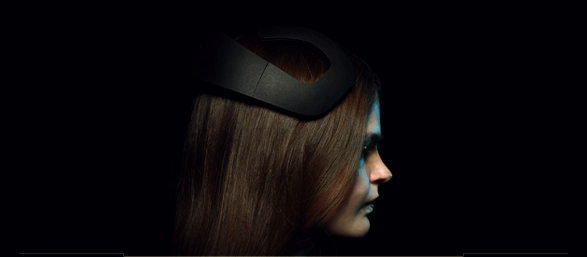

What Can Brain-Computer Interface Actually Do?
Your brain is a beautiful thing. It shapes who you are and everything you do.
For decades, scientists have tried to understand its complexities and now technologies are coming to the forefront to help us truly harness its power.
As a global headhunter in the neuro space, I’ve noticed an increasing excitement around brain-computer interface (BCI) technologies. A lot of this is to do with the entrance of serial entrepreneur and celebrity, Elon Musk, to the market – but I’ll get into that later.
What is Brain-Computer Interface?
Brain-computer interface technology provides direct communication between the brain and a computer (or mobile device). It allows you to control equipment with your thoughts and lets devices improve your cognitive performance. Pretty cool, right?
For the last 20 years, this technology has been reserved for experts in elite settings like military training, pilot education and research labs. But now, innovative and ambitious companies are on a mission to democratise this technology.
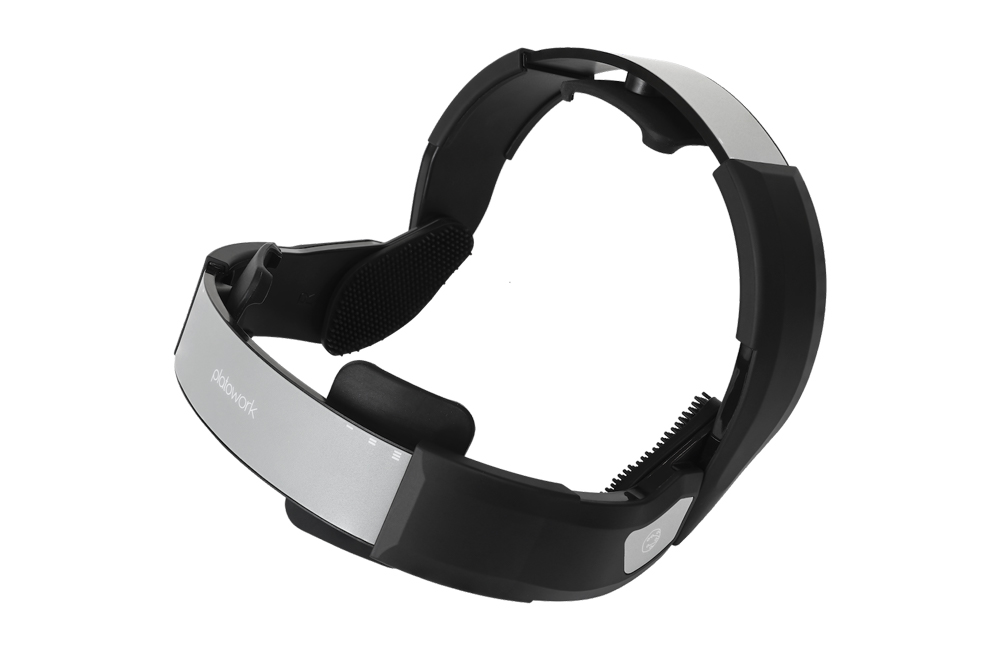
PlatoWork, by PlatoScience
Speaking to Balder Onarheim, the founder of one of these companies, PlatoScience, I was told about their pioneering wearable device, the PlatoWork Brain Stimulator.
This device is a form of neuromodulation that delivered a constant, low electrical current to the brain via electrodes. This is called transcranial direct current stimulation (tDCS).
Through tDCS, the the PlatoWork Brain Stimulator helps enhance the user’s cognitive performance in four areas: learning, concentrating, re-thinking and creating. The user just chooses the function they want to be improved and let the device do its thing.
I also spoke to Alex Castillo, who is the Co-founder of Neurosity – a company providing similar benefits with its Notion 2 device. This wearable is a productivity trainer for your brain and is currently dedicated to supporting software developers.
It works by capturing your brain's electrical impulses using electrodes that rest on your head to map your neural activity. Less than one millisecond later, the data is received by Notion and processed into meaningful scores like focus, calm and kinesis. Notion then uses your score to find the music and digital surroundings that your brain will react to positively.
Enter Elon Musk & Neuralink
Despite this fascinating, sci-fi-esque technology, there hasn’t been much awareness about the BCI space. At least, not until Elon Musk entered it with Neuralink.
Neuralink is designing the Link, which the company expect to be the first neural implant that lets its user control a computer (or mobile device) with their thoughts. For example, to start typing, the user would just have to think about it.
Despite Musk and Neuralink being quite clear about the project and the science behind their device, there’s been a wave of media attention that’s created confusion about their claims and the capabilities of BCI. Click-bait headlines like ‘How Elon Musk's Neuralink Will Read Your Mind’ and ‘Tech Giants Want to Read Our Thoughts’ spring to mind.
While the media attention is welcomed by the BCI community, there’s concerns about how these headlines and articles could be misconceived.
We don’t want the brain-computer interface market to over-promise and then under-deliver. Elon Musk’s technology might be able to make you type faster, but it won’t be able to control your brain. We’re a long way away from any of that.
Balder Onarheim
Many think that the hysteria around Neuralink is premature anyway. For instance, Alex has reservations about the technology’s privacy procedures. This is an area that he’s become an expert in with his work at Neurosity.
I’d love Neuralink to have more of a fundamental on the privacy-first approach. We have learned in our own research and development that privacy cannot be an afterthought. It must be designed into the hardware and software since the beginning. Otherwise, there can be problems.
Alex Castillo
The Link is also an invasive device, so to gain the relevant clinical approval it would have to be durable enough to withstand the knocks of everyday life (and not just function within a lab-setting). This is something that both Alex and Balder believed the space was some way away from achieving. So, it’s not something we’ll see for a long time.
For now, we can achieve most of the non-medical application benefits of BCI non-invasively. Until there is a real reason to adopt invasive devices, I can’t see the space heading in that direction for a long time.
Balder Onarheim
What’s Next for Brain-Computer Interface?
While invasive devices aren’t in our near-future, Alex is more optimistic about non-invasive technology for the mass market - where hardware upgrades can move as fast as the smartphone industry.
However, I’d argue that consumers would need a compelling reason to undergo surgery of any kind. If the only added benefit was having a quicker access to my computer or mobile, it’s not something I’d be signing up for in a hurry.
If there was more of a medical application for BCI - like we’ve seen with neuromodulation and mental health indications – then this could be reason enough for an uptake in the adoption of invasive and minimally invasive devices.
Already, Neurosity has been working with the Norwegian company, Drowzee, to explore its device’s application to support sufferers of insomnia. As a recruiter that focuses on the medical device side of the neuro space, this is something I’ll be keeping a close eye on.
Whatever the future holds for BCI, it’s sure to be a fascinating watch. Although the media attention surrounding Musk and Nueralink could have clouded some people’s views on the technology’s capabilities, it has served a purpose. Now people have heard of BCI and are open to its possibilities. While it can’t read minds, what it can do is impressive enough to capture people’s imagination, as pioneering companies like PlatoScience and Neurosity aim to democratise it.
If you'd like to offer feedback on this article or speak about your hiring plans in the neuro med-tech space, get in touch here.
Want to collaborate with us?
Feature in podcasts, articles & videos.Charlton Morris is a Talent Solutions business who offer search, contract, volume and employer branding solutions to the medical markets.
Recommended.
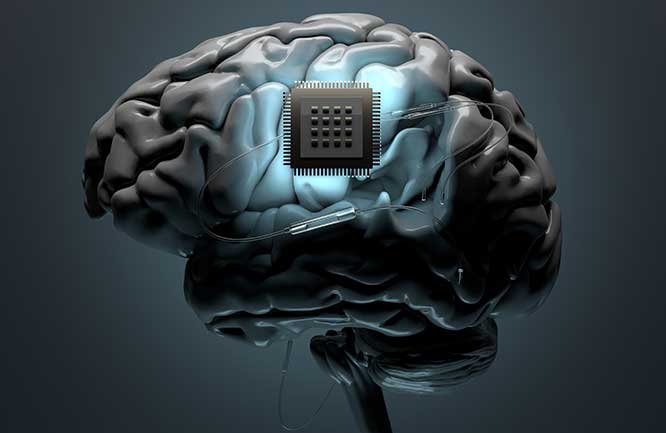
Five Neuromodulation Companies to Watch.
The breadth of neuromodulation advancements is astounding. I take a look at the top 5 device companies to watch in the year to come.
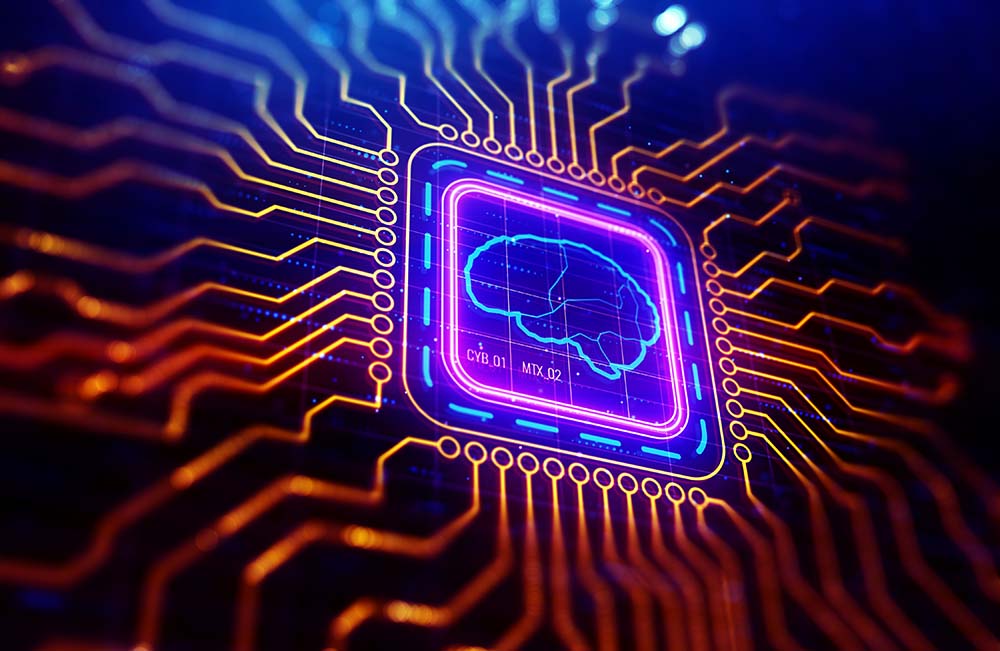
What Does Consumer Neurotech Innovation Mean for the Medical Device Industry?
Integrating systems into the human brain to control our everyday devices may seem very ‘Black Mirror’, but thanks to modern neurotechnology it's quickly becoming reality. Click to find out more.
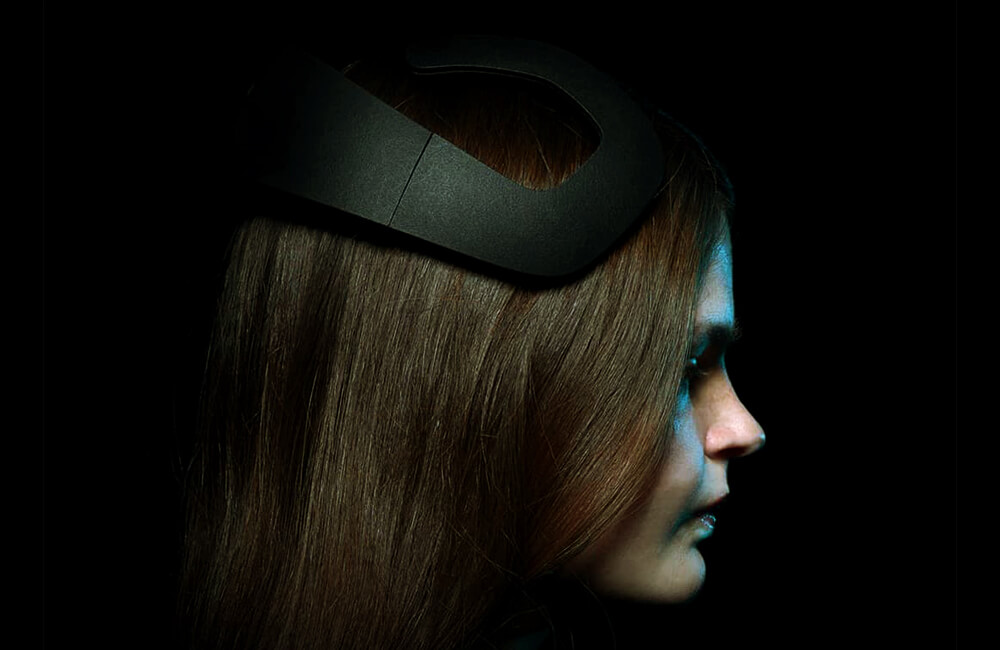
What Can Brain-Computer Interface Actually Do?
With so much media attention surrounding the entrance of Elon Musk into the brain-computer interface space, I've collaborated with two experts to find out what this sci-fi-esque technology can actually do.
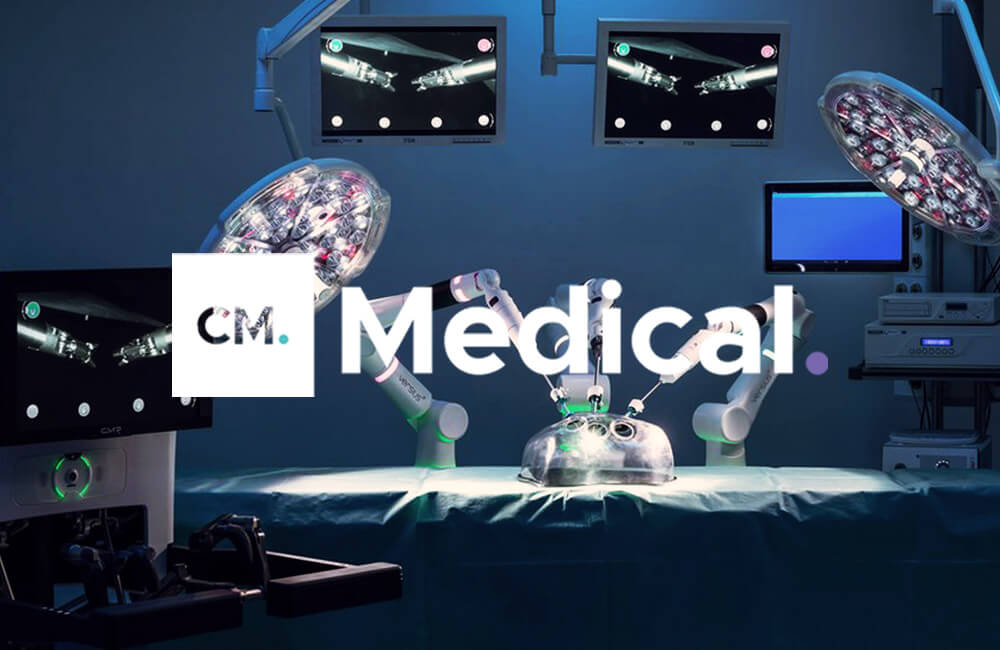
What Can You Expect from Med-Tech in 2021?
There’s optimism throughout all the med-tech markets we serve and to celebrate this we asked our CM Medical recruitment specialists about innovations, industry news and trends to expect from the year ahead.
Comments.